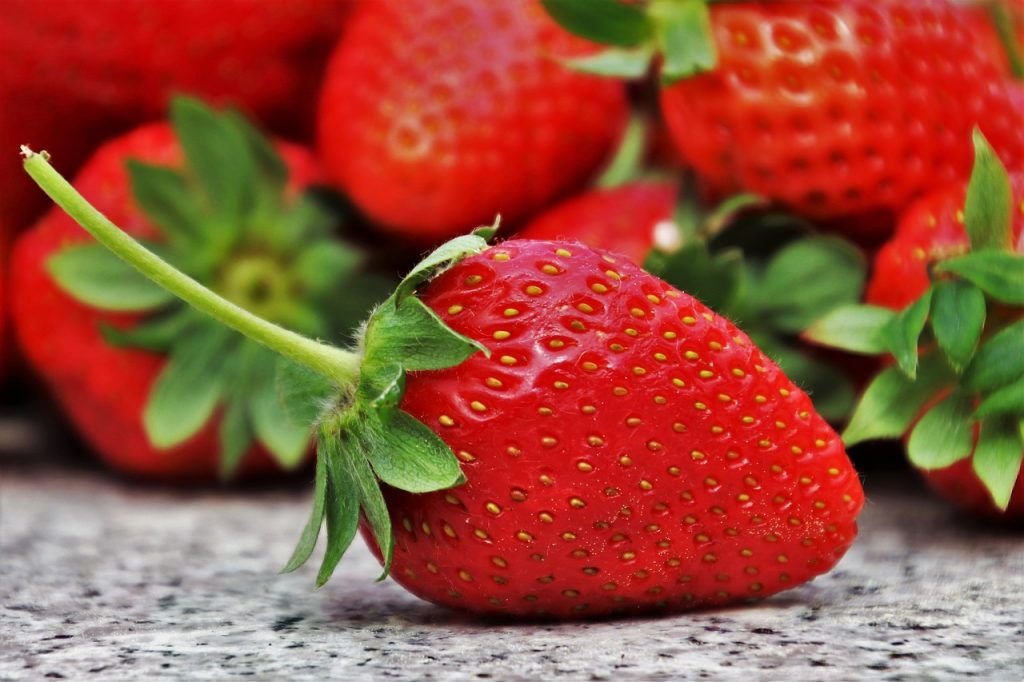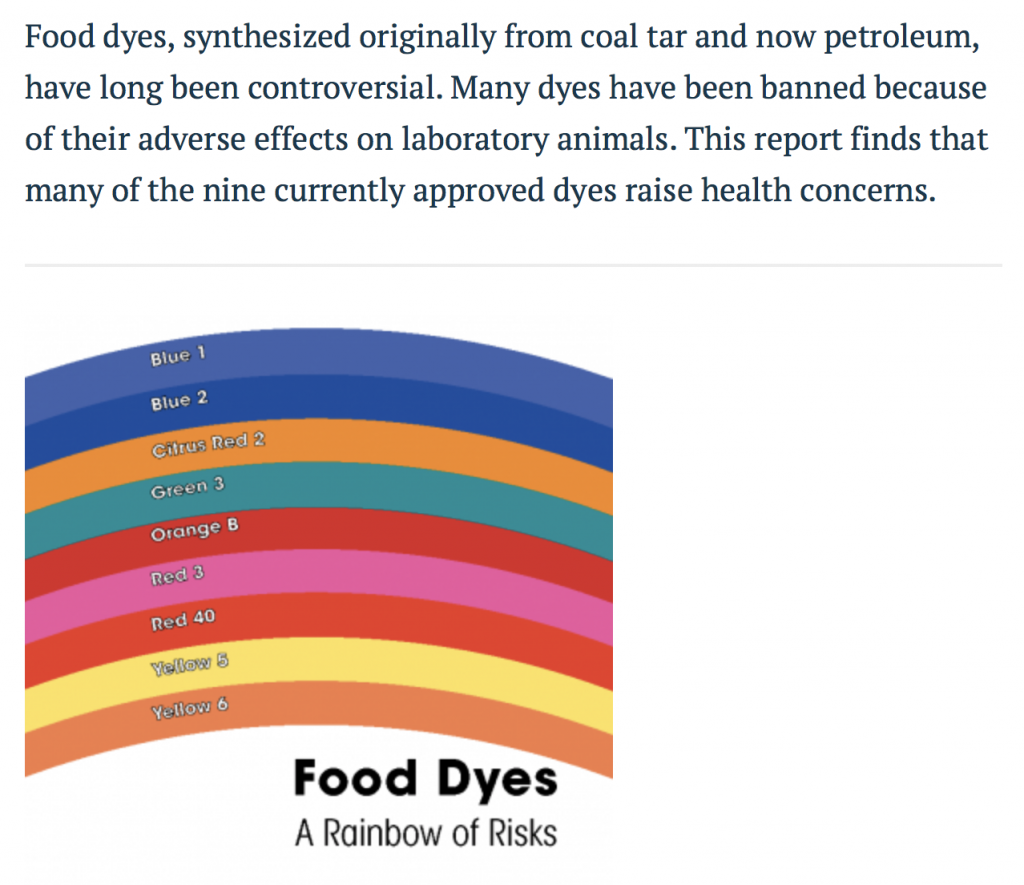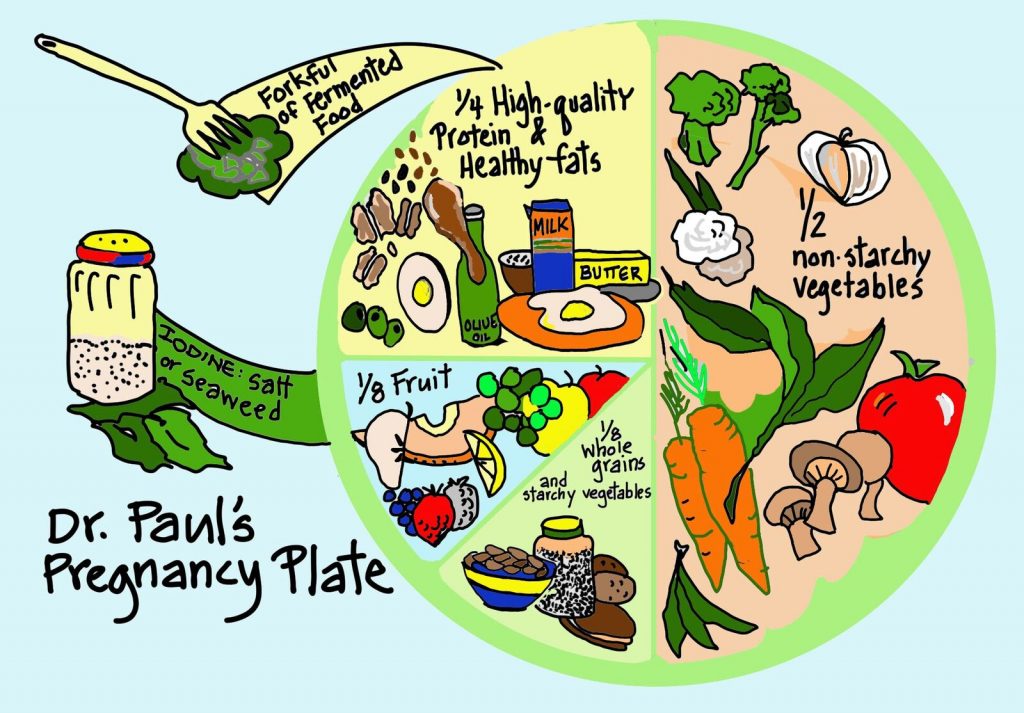
Some prenatal vitamins contain harmful ingredients. Your prenatal vitamins may be making you sick. Food is your nutritional insurance policy. Not untested unregulated prescription vitamins. Photo courtesy of Pixabay.
The prenatal vitamins my obstetrician prescribed for me during my first pregnancy were horse-sized pills, a lovely shade of pale pink. I could barely choke them down.
Tears would start at the corner of my eyes as I forced myself to swallow the pill.
I was extremely nauseous during that pregnancy.
The nausea I had lasted six and a half months, mostly in the afternoons and evenings. Sometimes I would wake up in the middle of the night feeling nauseous.
It always got worse about twenty minutes after I took my prenatal vitamins.
In the middle of the night, I would eat raw broccoli and pineapple, which always helped me feel better. Eating raw green beans and carrots helped too.
It was hard to eat though and I lost weight steadily in the first trimester. I was exhausted, ridiculously and weirdly horny, and—even though I was happy to be pregnant—weepy and emotional a lot of the time.
Even though I hated taking them, it never occurred to me that the vitamins were making me sick.
I had no idea that some prenatal vitamins contain harmful ingredients.
Rainbow Light’s False Advertising
One vitamin company, Rainbow Light, made headline news because its “natural” vitamins were contaminated with lead, arsenic, and cadmium, metals that are damaging to human health.
The company is paying $1.5 million for false advertising.
As CBS News explains:
An investigation using a third-party lab test found that vitamins made by the company Rainbow Light contained lead, arsenic, and cadmium, said Los Angeles City Attorney Mike Feuer.
“The vitamins were not, in fact, free of heavy metals…the vitamins were not, in fact, made with materials with the lowest detectable levels of lead on the market,” said Feuer.
The company cooperated and removed its allegedly misleading advertising when Feuer’s office brought the results to Rainbow Light’s attention, officials said.
On Wednesday, the city attorney announced a $1.5 million settlement with Rainbow Light for false advertising.”
But it’s not just this company. Or these prenatal vitamins.
Many prenatal vitamins contain harmful ingredients
It turns out that a lot of prenatal vitamins contain harmful ingredients. That lovely pink color of the prenatal vitamins I was taking? Courtesy of Red Dye #40.
According to the Center for Science in the Public Interest, humans should not be ingesting this dye.
Red 40, the most-widely used dye, may accelerate the appearance of immune-system tumors in mice.
The dye causes hypersensitivity (allergy-like) reactions in a small number of consumers and might trigger hyperactivity in children.
Considering the safety questions and its non-essentiality, Red 40 should be excluded from foods unless and until new tests clearly demonstrate its safety. (Source: “Food Dyes: A Rainbow of Risks“)
Pregnant mamas need to know to stay away from prenatal vitamins that contain any artificial coloring. These prenatal vitamins contain harmful ingredients.

Screenshot from an excellent and eye-opening report about food dyes from Center for Science in the Public Interest (download it for free at their site). Stay away from prenatal vitamins that contain harmful ingredients like artificial food dyes.
Nearly all prenatal vitamins contain extra non-vitamin ingredients, like food dyes and polysorbate 80 (an endocrine disruptor), that are known to be harmful.
What you see may not be what you get
There are no standard guidelines on what amounts of which vitamins should be included in prenatal vitamins. And it’s also very difficult to know if the amounts listed on the package are the amounts actually in the vitamins.
When ConsumerLabs tested prenatal vitamins in 2004, they found that one brand contained twice as much folic acid as was listed on the label and did not disintegrate in the body. Read more about their testing here.
ConsumerLabs also found that a common brand of a children’s gummy vitamin (which doctors sometimes recommend for pregnant women who can’t stomach the prescription prenatal vitamins) was contaminated with lead.
Lead, which we now understand can be neurotoxic in even minuscule quantities.
Moreover, prenatal vitamins don’t need approval from the FDA before they are marketed for pregnancy.
Their contents aren’t tested by the FDA or any third-party organization.
Claims made about their health benefits are not independently verified.
“We find problems all the time,” Tod Cooperman, M.D., president of ConsumerLab.com, told me when I interviewed him for my book, Your Baby, Your Way. “We have found problems with prenatal vitamins in the past.”

Prenatal vitamins contain harmful ingredients much of the time. Eat healthy fresh real food during pregnancy. Illustration by Nancy Margulies from the book, The Vaccine-Friendly Plan by Paul Thomas, M.D., and Jennifer Margulis, Ph.D.
Prenatal vitamins are not an insurance policy, eating real food is
A pregnant woman is willing to spend a lot of money on prenatal vitamins because she wants to give their baby the best start in life. But I think that money is better spent on healthy, fresh, organic food than on prenatal vitamins that may make you sick.
Food matters.
Your baby is what you eat.
The best nutritional insurance policy is for you and the whole family to eat healthy foods, including lots of fresh vegetables and fruits, high quality protein (like wild caught salmon, mercury-free fish, beans, nuts, eggs, and grass-fed, grass-finished meat), and healthy fats like avocados, olives, and oily fish.
It’s good to eat fermented foods as well, like kimchi and fermented sauerkraut and plain whole-fat yogurt.
Choose crunchy vegetables over packaged junk food for snacks.
Skip the refined sugar, candy, and ice cream.
When you need a sugar fix or sweet treat, eat frozen fresh fruit, dates, and prunes.
Make your own banana ice-cream by blending frozen bananas with a few dates and some goat or almond milk.
Choose high quality organically grown food over junk
Skip the vitamins.
Buy high quality, healthy, fresh organic food with the money that you save.
If you feel like you absolutely need to take a prenatal vitamin, take one made from whole-food ingredients.
New Chapter prenatal vitamins were the only brand that didn’t make me sick.
Pay attention to your body.
If you feel worse after you take your prenatal vitamin, it may be the vitamins themselves that are making you sick.
Published: August 25, 2019
Last update: November 18, 2020
Leave a Reply